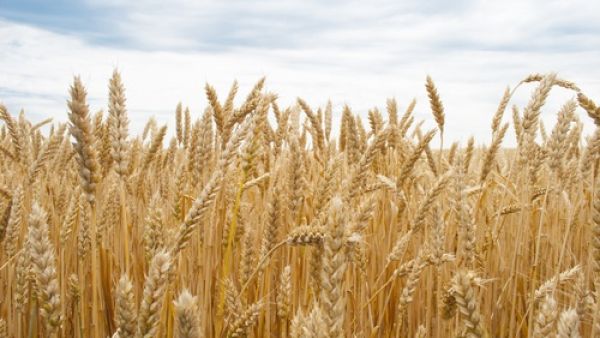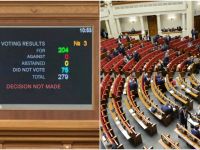By investing tens of billions of dollars, the desert nation's output grew through the 1980s until it ironically became one of the world's largest wheat exporters.
But since a surge in global food prices in 2008, Saudi Arabia and other Gulf states have looked abroad to nearby Sudan and other countries to secure food supplies through agricultural investment, including land acquisition.
"The kingdom has decreased domestic wheat production since 2008 by 12.5 percent annually," Agriculture Minister Waleed al-Khuraiji told the London-based International Grains Council, which met in the Red Sea city of Jeddah for a twice-yearly forum.
"The state will cease to purchase locally-produced wheat by 2016 and depend entirely on wheat imported from abroad," the minister said in his first major address since being appointed in a cabinet shuffle on Monday.
"This initiative is based on mutual benefit which helps to provide food supplies to the kingdom while at the same time developing and modernising agriculture in the investor countries, especially local communities," Khuraiji said.








